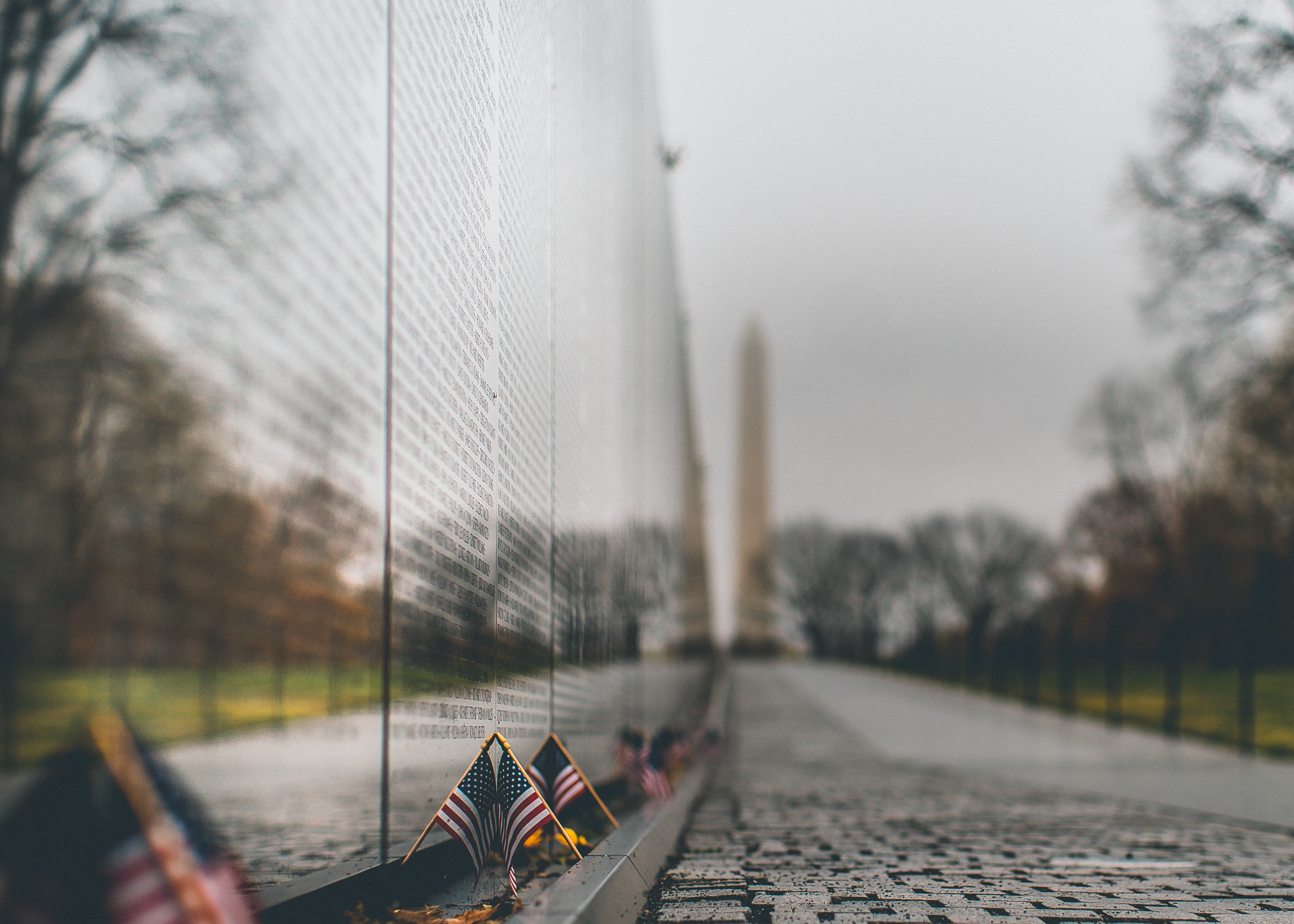This article appeared originally on In Military.
By Wes O’Donnell
Managing Editor of In Military, InCyberDefense and In Space News. Veteran, U.S. Army & U.S. Air Force.
My 10 years in the U.S. military was a life-altering experience. Swept up from my lower-middle-class life in my whitewashed, provincial Texas town, I was deployed around the world and exposed to different cultures, unique ideas and taught skills and abilities that would be hard to learn as efficiently anywhere else.
Arguably, I gave the military the best decade of my life, my 20s. I used to wonder if I had made a mistake; after all, it seemed like the people I had gone to high school with had a massive head start on going to college and starting on their careers.

Despite this fear, immediately after leaving the Air Force, I joined a large corporation, the German multinational conglomerate Siemens. It was there that I first noticed a striking difference between the veteran employees and the nonveterans: The veteran employees seemed to get promoted faster and earn more than their non-serving counterparts.
Maybe this was because our German bosses loved the rigid discipline that came from hiring American veterans? The corporate headhunter who snatched me up before the ink had dried on my DD-214 seemed to think so.
And yet my observation was limited to my region and my team; perhaps, I thought, our Siemens team was just comprised of higher performers. Certainly, it wasn’t like this all across the country!
Still, in the back of my mind, I knew from experience that veterans just possessed something different. It could be their aversion to showing up late or missing a day’s work. Or perhaps it was their dedication to teamwork and extreme attention to detail. Or it could be their willingness to accept risks, composure and creativity under pressure, or their belief that diversity isn’t only a strength, it’s essential to mission accomplishment.
In reality, it is a combination of all of these traits — put to the test under life and death conditions — that make veterans some of the highest performing employees in America.
And now, thanks to new data from VA Disability law firm Hill & Ponton, using 2019 data collected by the University of Minnesota’s Integrated Public Use Microdata Series (IPUMS) office, we know that veterans do indeed earn more money in their post-military careers than their civilian counterparts.
Sound Off – The Best States for Veterans’ Salaries
It’s worth noting that this data was compiled before the coronavirus pandemic and subsequent economic turmoil. Despite this, the numbers are surprising: According to Hill & Ponton, “In 2019, the average American income was just over $54,000 among people without military service on their resume. In contrast, veterans earned over $11,000 more, averaging nearly $65,700. According to the IPUMS data, veterans in their 50s had the highest average salaries ($77,600), while veterans in their 20s comparatively earned the lowest salaries ($38,700).”
In Michigan, veterans earn a staggering 64.9% more a year than civilians!
In fact, the top five highest paying states for veterans are Connecticut, New Jersey, Massachusetts, Michigan and Washington, D.C., (technically not a state).
Courtesy Hill & Ponton, Disability Attorneys.
But it’s not all roses: Where the veteran lives and works makes a big difference. For instance, in Kentucky, veterans have the highest negative disparity in income, earning on average nearly 4% less than civilians. It is interesting to note too that among the five states with the lowest average incomes for veterans in the U.S., there are no major military bases.
Perhaps then, it isn’t so much a case of veterans possessing some hard-to-quantify soft skills that make them more competitive, although that is probably a part of the equation. In reality, it’s likely it was the hard skills learned while on active duty that gave them an advantage in salary negotiations.
Jobs with hard skills like civil engineering, electronics, aircraft pilots, flight engineers and IT specialists are great examples of career fields where veterans outperform their civilian counterparts in salary thanks to the deep training provided by Uncle Sam.
Veterans earned higher salaries for the same positions compared to civilians in real estate positions (56% higher), first-line supervisors of office and administrative employees (41% higher), computer support specialists (40% higher), and as property, real estate, and community association managers (39% higher), according to Hill & Ponton.
In addition, the military recognizes the value of higher education, making tuition assistance readily available for servicemembers and empowering them to earn a degree while still on active duty. This makes veterans that much more competitive when they enter the civilian workforce. It would have been interesting to see some college degree data included in the study.
All things considered, my time in the military proved to be a boon to my civilian career in business, although I recognize that everyone’s time in the service is unique and other veterans’ outcomes may be different than mine.
So what did I get in return for giving the United States the entire decade of my 20s?
The return on that investment is difficult to measure, except to say that the balance tips heavily in my favor: Between the lifelong friends I made, the self-reliance and discipline I learned, the nine years of college paid for without a single penny out of my pocket, and an income potential greater than that of my civilian counterparts, I’d say it was the single best decision of my life.






Leave a comment
This site is protected by hCaptcha and the hCaptcha Privacy Policy and Terms of Service apply.